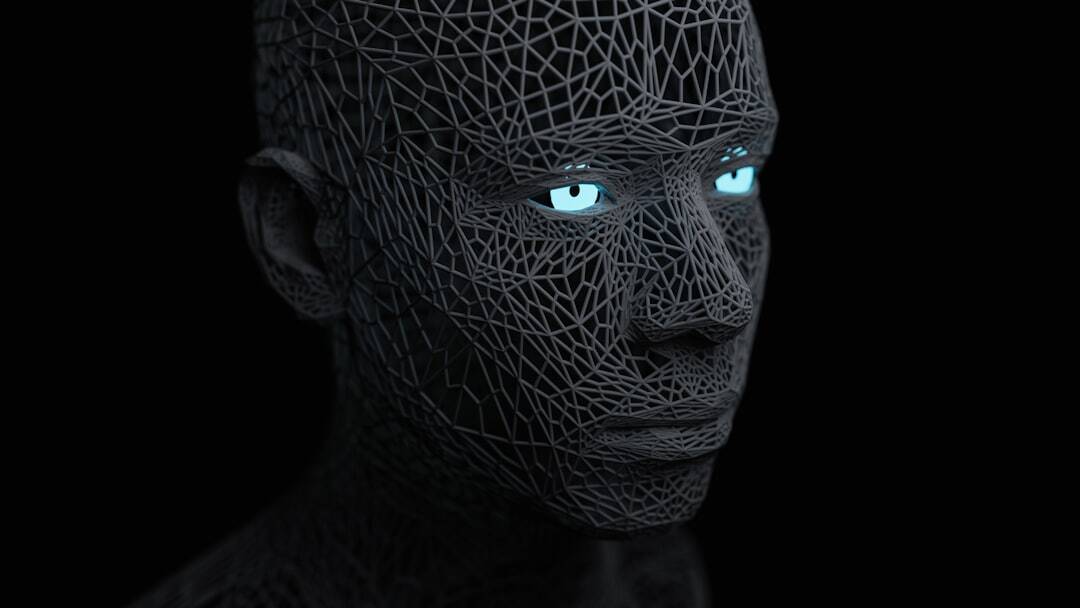In an age where artificial intelligence is revolutionizing industries, the job market is experiencing dramatic changes. Though technology promises increased efficiency and automation, it also brings an unsettling possibility—AI might be making job hunting an impossible task. As machines begin to dominate hiring processes, job seekers face challenges that are both complex and opaque.
The Rise of AI in Recruitment
Recruiters and employers are increasingly turning to AI to screen resumes, analyze candidate behavior, and even conduct initial interviews. On the surface, this seems efficient. However, these AI-driven systems often function as black boxes, programmed with sometimes biased data and rarely providing clear feedback or reasoning for their decisions.

Unlike a human hiring manager, who might overlook a typo or appreciate a creative resume layout, AI algorithms are rigid. They often reject resumes that don’t precisely match expected keywords, formatting, or predetermined behavioral profiles. This means qualified candidates can be excluded simply because their resume doesn’t match the AI’s rigid parameters.
The Paradox of Personalization
Ironically, while job-seekers are encouraged to personalize applications, AI systems are trained to look for predictability. A unique resume might stand out to a human but be filtered out by an AI tool. Even cover letters tailored to specific roles and companies may be quickly disregarded if they don’t contain exact language or structure expected by the algorithm.
To get past these digital gatekeepers, candidates now resort to tactics like keyword stuffing, resume formatting “hacks,” and using AI tools themselves to decode what hiring algorithms might be looking for—leading to a war of machines. This trend not only diminishes the authenticity of job applications but also undercuts the very human qualities companies claim to value in their teams.
The Disappearance of Human Interaction
One of the major casualties of AI in hiring is the human connection. Networking traditionally offered a powerful route to job opportunities. Conversations, referrals, and in-person impressions used to help level the playing field. With AI managing the digital gatekeeping, even stellar recommendations may not make it into the consideration phase.
Moreover, more companies are using AI for things like sentiment analysis during virtual interviews, observing tone of voice, word choices, and even facial expressions. Candidates are being rated by predetermined emotional models rather than by real, empathetic human understanding. The margins for error—and the opportunities for misjudgment—are huge.

The Skills Gap and Automation Loop
Many of the roles being posted today require highly specific, often AI-related skills. As more foundational and entry-level jobs are automated, newcomers to the workforce find fewer stepping stones to gain experience. This creates a cycle where fewer individuals can qualify for increasingly complex roles, while also being assessed by systems with little empathy for nonlinear career paths or unique stories.
The Future of Job Seeking in an AI World
While AI will undoubtedly play a continued role in hiring, job seekers, employers, and technologists need to collaborate to ensure tools are fair, transparent, and inclusive. There’s a growing call for regulations around hiring algorithms, better transparency in rejection reasons, and hybrid models that merge efficiency with human judgment.
Until then, job hunting may feel increasingly less like a test of one’s potential and more like an exercise in reverse-engineering algorithms. Ironically, in a world that advertises “smart” technology, finding a job might become stupidly difficult.
FAQ: AI and the Job Hunting Dilemma
- Q: Why is AI being used in hiring?
A: Companies use AI to streamline the recruitment process, reduce costs, and find candidates faster using data-driven efficiencies. - Q: Can an applicant beat the AI system?
A: Some candidates tailor their resumes with keywords and formatting tricks to get past AI filters, but there are no guarantees of success. It’s often trial and error. - Q: Are companies aware of AI’s limitations?
A: Increasingly, yes. Some employers are revisiting their hiring practices after realizing AI may be excluding highly qualified candidates unfairly. - Q: How can job seekers stay competitive?
A: Stay updated with in-demand skills, network actively, and use technology to optimize resumes for applicant tracking systems (ATS). - Q: Is the complete automation of hiring inevitable?
A: Not necessarily. While AI will be increasingly integrated, there is strong advocacy for retaining human elements in hiring practices to ensure fairness.

